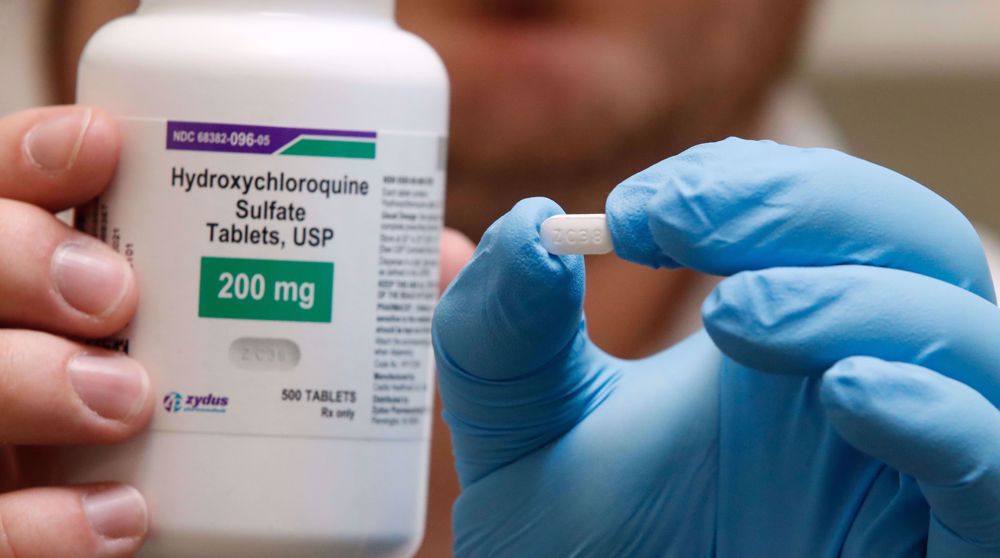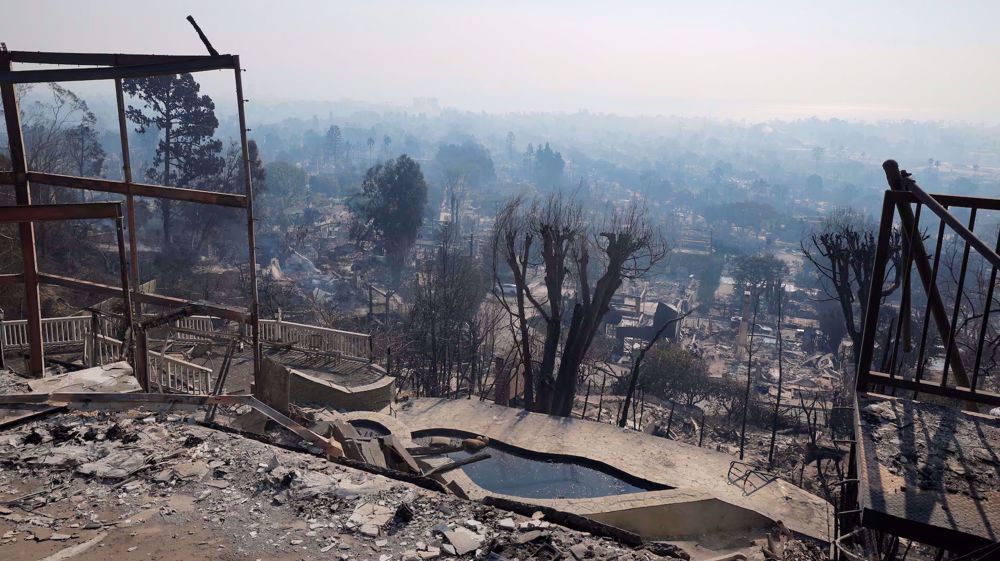Drug touted by Trump as COVID-19 treatment tied to increased risk of death: study
The malaria drug hydroxychloroquine, which US President Donald Trump says he has been taking and has urged others to use, was tied to increased risk of death in hospitalized COVID-19 patients, according to a large study published in the medical journal Lancet.
In the study here that looked at over 96,000 people hospitalized with COVID-19, those treated with hydroxychloroquine or the related chloroquine had higher risk of death than patients who were not given the medicines.
The authors said they could not confirm whether taking the drug resulted in any benefit in coronavirus patients.
“Urgent confirmation from randomized clinical trials is needed,” they wrote. This study was not a placebo-controlled trial.
Hospitalized patients tend to have a more severe version of COVID-19. Some proponents of the drugs as treatments for the disease argue that they may need to be administered at an earlier stage in order to be effective.
There are ongoing randomized, controlled clinical trials to study the drug’s effectiveness in preventing infection by the new coronavirus as well as treating mild to moderate COVID-19. Some of those trials may yield results within weeks.
Demand for decades-old hydroxychloroquine has surged as Trump repeatedly pushed for its use against the coronavirus, urging people to try it. “What have you got to lose,” he said.
This week, Trump said he has been taking hydroxychloroquine as a preventative medicine, despite a lack of scientific evidence.
The Lancet study authors suggested the medicines should not be used to treat COVID-19 outside of clinical trials until those studies confirm their safety and efficacy for COVID-19 patients.
The US Food and Drug Administration has said hydroxychloroquine should only be used for hospitalized COVID-19 patients or those in clinical trials. The drug has been tied to dangerous heart rhythm problems.
The Lancet study looked at data from 671 hospitals, where 14,888 patients were given either hydroxychloroquine or chloroquine, with or without an antibiotic, and 81,144 patients who were not treated with those drugs.
Both hydroxychloroquine and chloroquine have shown evidence of being effective against the coronavirus in a lab setting, but studies of the drugs in patients have proven inconclusive at best.
Several small studies in Europe and China spurred interest in using hydroxychloroquine against COVID-19, but were criticized for lacking scientific rigor.
Several more recent studies have not shown the drug to be an effective treatment for the disease. Last week, two studies published in the medical journal BMJ showed that patients given hydroxychloroquine did not improve significantly over those who were not.
In addition to malaria, hydroxychloroquine is used to treat lupus and rheumatoid arthritis.
(Source: Reuters)
Hamas thanks Iran, Resistance Front following achievement of ceasefire in Gaza
'Capitulation': Israeli officials and media concede Gaza defeat as truce unfolds
'Gaza has won': Social media users react to ceasefire with mix of relief, joy
Iran seeks South Korea’s assistance for AI, fiber-optic projects
VIDEO | Iran's 'Eqtedar' (Power) maneuver
Israel hits HTS military target in Syria for 1st time since fall of Assad
VIDEO | Press TV's news headlines
Israel has slaughtered 13,000 students in Gaza, West Bank












 This makes it easy to access the Press TV website
This makes it easy to access the Press TV website